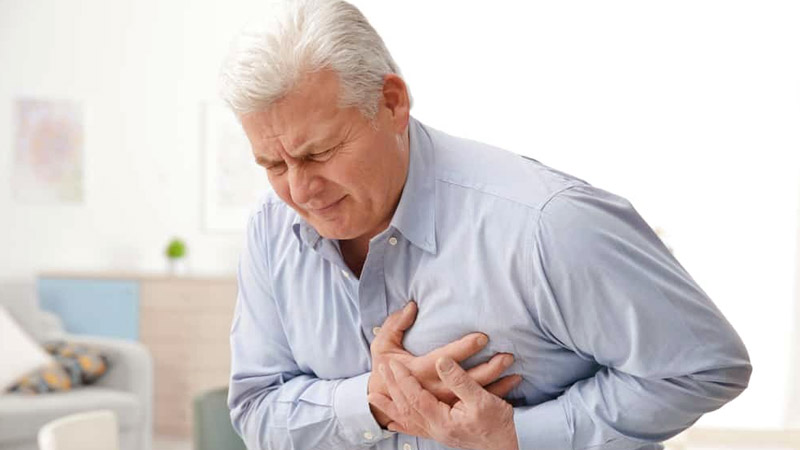A serious health condition that may go undetected for months or even years could put your body at higher risk for fatal heart attacks or strokes. In the UK, around a third of the population suffers from high blood pressure, also known as hypertension. This condition forces the heart to work harder to pump blood throughout the body.
Hypertension puts additional pressure on the heart, other organs and blood vessels, which can cause long-term damage. It is a major factor in many serious health conditions, including cardiovascular disease, kidney disease, stroke, heart failure, and heart attacks. Despite its severity, hypertension often goes unnoticed and undiagnosed until it leads to a serious medical emergency, he said. Mirror.
Alarmingly, it is estimated that around one in two people with hypertension are unaware of their condition or are not receiving treatment. This is because hypertension rarely has symptoms, earning it the nickname “silent killer.” However, there are some signs to pay attention to.
According to the World Health Organization (WHO), symptoms may appear if your blood pressure is “very high.” “Most people with hypertension do not feel any symptoms,” says the WHO. “Checking your blood pressure is the best way to know if you have high blood pressure. If hypertension is left untreated, it can cause other health conditions such as kidney disease, heart disease, and stroke.”
If your blood pressure reaches 180/120 or higher, you may start noticing symptoms. Two of these symptoms can manifest in the chest: chest pain and abnormal heart rhythm.
Regular blood pressure monitoring is crucial to detecting and controlling hypertension before it causes serious health problems. Awareness and proactive health checks can save lives by preventing the silent progression of this life-threatening condition.
However, the WHO lists other potential signs such as:
- Severe headaches
- Dizziness
- labored breathing
- Nausea
- Vomiting
- Blurred vision or other changes in vision.
- Anxiety
- Confusion
- Ringing in the ears
- Nosebleeds.
It’s not always known exactly what causes someone to have high blood pressure, but your risk will increase if:
- they are overweight
- Eat too much salt and don’t eat enough fruits and vegetables.
- Not getting enough exercise
- Drinking too much alcohol or coffee (or other caffeine-based drinks)
- Smoke
- have a lot of stress
- are over 65 years old
- You have a family member with high blood pressure.
- They are of black African or black Caribbean descent.
- Lives in a disadvantaged area.
- It could also be caused by a condition or disease such as diabetes or kidney disease.
Certain medications, such as the birth control pill and steroids, are also known to increase blood pressure.


